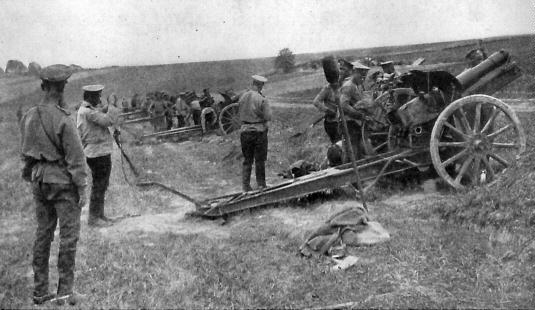Here's my thoughts:
North America/South America/Caribbean -
Basically he who occupies gets it (I can't remember if the two French islands up near Newfoundland was turned over to Canada or not, but if still in the US hands I'll imagine they'll turn those over to Canada). France is going to be stripped of its territory here just on the account of denying them naval/sub bases for the rest of eternity. Some territories might be eyed up for independence, but some will just be turned into territories (I could see a US state being formed out of all territories in the Caribbean that they had and acquired).
Pacific -
Philippines should be independent (although with a nice trade deal for the US wouldn't go amiss) with a treaty turning over land for a very nice sized base in Subic Bay (with maybe a treaty for some joint use stuff elsewhere).
Again this is going to come down to he who takes, keeps. So some areas will be taken as territory for the US, UK, NZ, Australia, etc. (Hell maybe Canada even swiped something somewhere!)
Asia/South East Asia -
Colonies are going to swap here. France is going to be stripped of most if not all of their holdings here. The UK is going to be the winner out of this one, but you might see Italy get a small colony (not all of say Indochina, but perhaps Cambodia) as a consolation for their suffering (although their gains are likely to more in the realm of Europe and North Africa.
The Middle East is going to be harder to predict. Russia is going to gain some territory along the Ottoman border in the Caucuses. Some is going to go to the UK (or at least be turned into puppets). I could actually see a rather large rump Ottoman Empire still controlling most of northern modern day Iraq (think Kurdistan), a large chunk of Syria, and Lebanon.
Some parts are going to go independent though.
Africa -
France will likely retain control of Algeria and perhaps a few crap holes that no one else will want, but most are going to be transferred elsewhere. Egypt is one that could go either straight as a colony of the UK or one where they puppetize it, but is ceded control of the canal.
Europe -
Not really going to touch this as others have said what I think here, but one thing is for sure no Wilsonian crappy thoughts of a country for ever ethnicity. The Balkans is going to be a bit of an issue with no Austro-Hungarian Empire, but I'm sure the Alliance will come up with something half-assed appropriate.



